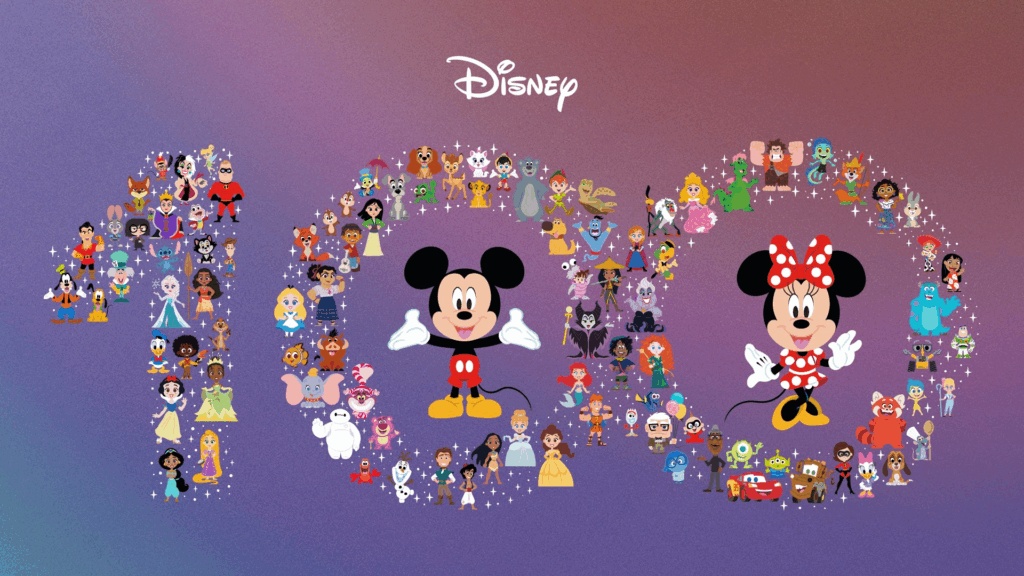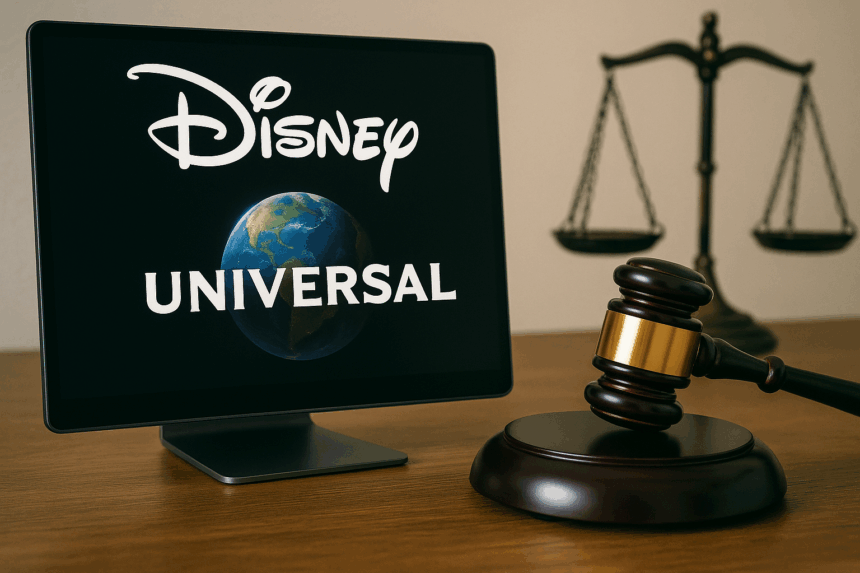Two Hollywood giants, Disney and Universal, have filed a lawsuit against AI image generator Midjourney, alleging copyright infringement. The studios claim Midjourney uses AI to create unauthorized copies of their iconic characters. This legal battle is a noteworthy moment in the raging debate: AI, creativity, and intellectual property rights.
What’s Happening & Why This Matters
Disney and Universal allege that Midjourney acts like a “bottomless pit of plagiarism,” using AI to reproduce countless images of famous characters without permission. The lawsuit, filed in Los Angeles federal court, names characters like Darth Vader from Star Wars, Elsa from Frozen, and the Minions from Despicable Me.
The studios accuse Midjourney of scraping vast libraries of copyrighted content to train its AI models. This data enables Midjourney’s image generator to produce highly accurate renditions, even when given generic prompts like “popular ’90s animated cartoon with yellow skin.”
Disney’s chief legal officer, Horacio Gutierrez, said, “We are optimistic about AI as a tool for creativity, but piracy is piracy. AI companies do not get a pass.” Similarly, NBCUniversal’s general counsel, Kim Harris, stated the lawsuit protects artists’ work and the studios’ investments.
Midjourney reportedly ignored requests to stop infringing or implement safeguards to prevent copying these characters. Instead, it released upgraded versions of its AI that generate even higher-quality copies. Midjourney CEO David Holz admitted to building its AI by performing a “big scrape of the Internet,” without filtering copyrighted materials.
The complaint includes vivid side-by-side comparisons of Midjourney’s AI images with original Disney and Universal characters. Beyond Disney’s Yoda and Iron Man, it shows Universal’s Shrek and Toothless from How to Train Your Dragon.

The studios seek a preliminary injunction to halt Midjourney’s alleged copyright violations and demand damages, restitution of profits, and permanent injunctions against recreating their content.
Midjourney launched in 2021 and reported $300 million in revenue last year. The lawsuit adds to ongoing legal battles involving AI’s use of copyrighted works without consent.
Previous cases have targeted companies like OpenAI, Stability AI, and Meta for using artists’ work without permission to train AI models. Courts continue to grapple with questions about fair use and copyright in AI training.
Experts, such as University of Colorado law professor Blake Reid, view the lawsuit as an attempt to clarify the law regarding AI plagiarism. “This case frames the issue as straightforward copyright infringement,” he explained.
Other recent lawsuits involve publishers, authors, and music labels fighting unauthorized AI use. For instance, the New York Times sued OpenAI and Microsoft for AI training on its articles, and record labels sued AI companies for exploiting millions of songs.
TF Summary: What’s Next
Disney and Universal’s lawsuit against Midjourney intensifies legal scrutiny on AI’s use of copyrighted material. The case could set important precedents for how AI companies handle creative works.
AI developers must navigate the balance between innovation and respecting intellectual property. Courts and regulators will likely shape new rules around AI training data and output.
Content creators, consumers, and tech companies should closely monitor the burgeoning legal fight as it determines AI’s role in creativity.
— Text-to-Speech (TTS) provided by gspeech


